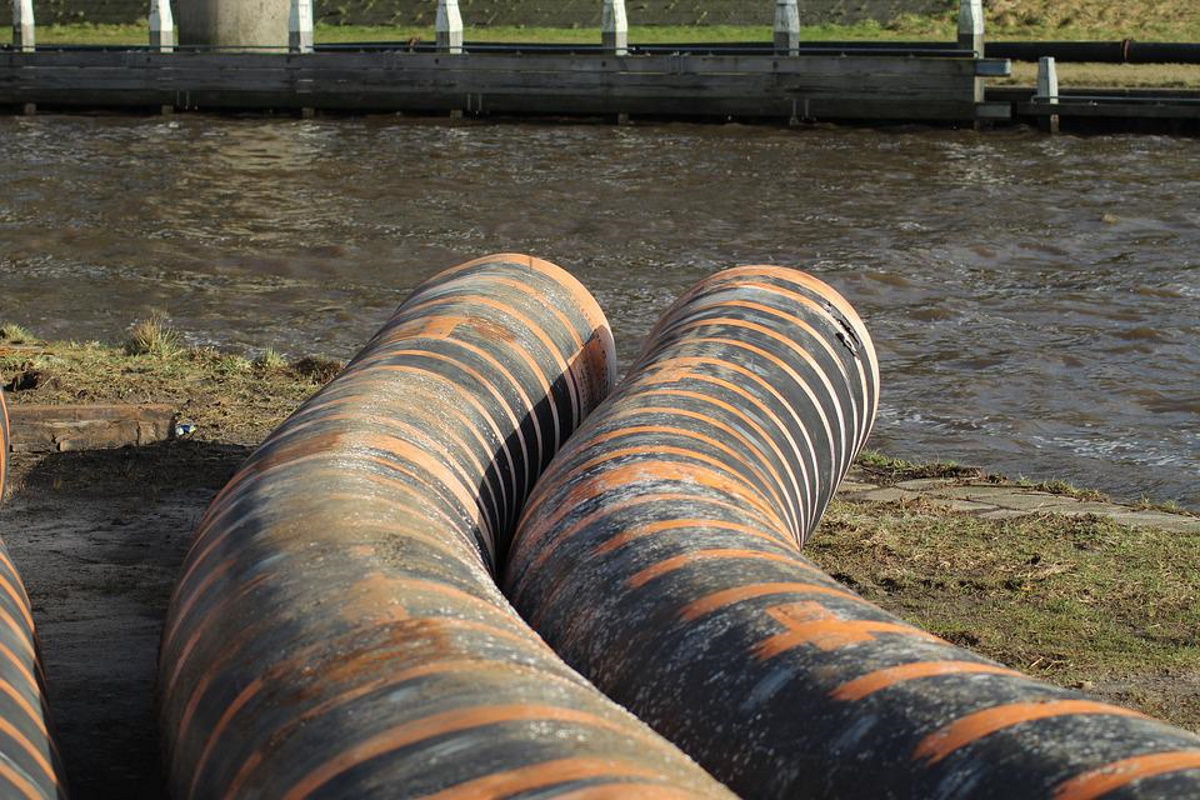Deputy Mayor of Belgrade Goran Vesić, whilst attending the commemoration of 20 years of existence of the Regional Agency for Development and European Integrations Belgrade, has especially emphasised the importance of the “Clean Serbia” Project and has stated that there are 119 direct sewage drains into the Danube and Sava on the territory of Belgrade.
Vesić has said that, according to the current circumstances of sewage drains and the very sewage network, the construction of a wastewater treatment plant from crucial importance for our rivers and the very life of the residents. Vesić sees the solution to this problem in the implementation of the “Clean Serbia” Project.
“No major city in Europe does this and this needs to change. It is necessary that we construct five wastewater treatment factories. The construction of a wastewater treatment factory has commenced in Veliko selo, which will facilitate the reduction of sewage draining into the Danube and Sava by 80 per cent. The value of the first phase of works is 281 million EUR, and the second will cost between 400 and 600 million EUR, depending on which technology gets selected, the one with sludge incineration or without. We are going to construct two smaller wastewater treatment plants in Ostružnica and Obrenovac, and through the “Clean Serbia” Project an additional 500 km of sewage, 100 of which is going to be in Obrenovac, over 70 kilometers in Lazarevac with two factories, while the centre of Mladenovac is going to receive four smaller wastewater treatment plants. Four local communities in Sopot will also receive sewage so we are slowly upgrading the sewage system, and most importantly, this includes the construction of a wastewater treatment plants. Apart from the Veliko selo, Ostružnica and Obrenovac, wastewater treatment factories will be constructed in Batanjica and Grocka“ Vesić emphasised.
Construction of the sewage network and wastewater treatment plants within the scope of the “Clean Serbia” Project is in accordance with the ‘Green Agenda’ accepted by Serbia in November 2020.


